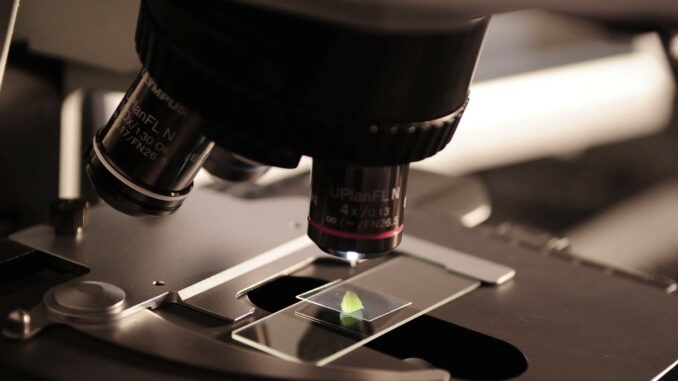
The science behind health and medicine is complex and deep. CLIA is part of the biological studying to aid in medical advancements.
If you are already aware of CLIA kits, you can find them at https://www.mybiosource.com/clia-kits, however, if you are not, stick with us while we elaborate on what CLIA stands for, and what it is.
The most basic description is that CLIA is a program that ensures labs follow the 1988 U.S. law for laboratory testing in regard to human bodily fluids and such when it comes to diagnosis and disease prevention efforts.
CLIA has helped to standardize the way in which medicine works and advancements in the field of medicine and the way in which they are conducted.
But, for those who are new to this concept, what does CLIA actually stand for?
What Does CLIA Stand For?
CLIA stands for Clinical Laboratory Improvement Amendments, which as you can see, is quite the mouthful. Thus, instead we just call it CLIA.
The CMS regulates all lab testing, bar research, that is done on humans in the United States through CLIA. Other organizations also do this too.
CLIA actually covered around 330,000 lab entities, and the Division of Clinical Laboratory Improvement & Quality, as is within the Quality, Safety & Oversight Group under the CCSQ is responsible for the implementation of CLIA as a program.
The objective of this program is to ensure that all laboratory testing is quality. Although, pretty much all clinical laboratories need to be adequately certified in order to receive payments for medicaid or Medicare.
Although, it is worth noting that CLIA actually does not have any specific responsibilities within Medicare or medicaid programs.
CLIA Federal Agencies
Having diagnostic testing helps providers of health care to monitor or screen specific diseases and conditions. Doing so helps to properly assess the health of a patient and make an accurate decision for their care.
CLIA regulates testing in labs, and requires clinical laboratories to be properly certified by CMS in order to accept any human samples to test in diagnostics.
Labs can gain many types of certifications for CLIA, this is based off of the types of diagnostic tests that they do.
There are three primary agencies of which are most responsible for CLIA, the FDA (Food and Drug Administration), the CDC (Centers for Disease Control and Prevention), and also the CMS (Center for Medicaid Services).
Each of these three agencies has a specific role in ensuring that laboratory testing remains high quality.
FDA
The FDA (Food and Drug Administration) reviews tests for waiver via application. They also categorize tests based on how complex they are, and they also develop the rules and guidance required for the complexity categorization for CLIA tests.
The FDA probably has the least involvement in CLIA testing, however, what they do is still absolutely imperative to CLIA testing and ensuring quality in laboratory tests.
CMS
CMS (The Center for Medicaid Services) is a bit more involved in CLIA than the FDA. They issue certification to laboratories, and collect fees from users.
It is also the CMS who conducts inspections to ensure guidance is being followed, and they enforce compliance with regulations.
They also publish the CLIA rules and regulations, and monitor the performance of laboratories on their Proficiency Testing and will approve Proficiency Testing programs likewise.
Finally, the CMS will approve private accreditation organizations for doing inspections, and they will also approve exemptions of state.
The CMS is probably the most involved organization with CLIA as they are the organization that regulates CLIA and ensures its regulations are being followed.
CDC
Finally, the CDC (The Center of Disease Control and Prevention) is also heavily involved.
The CDC provides research, analysis, and technical assistance in relation to CLIA. They are also the organization responsible for the development of technical standards and practice guidelines in laboratories. This includes but is not limited to the guidelines and standards for cytology.
The CDC also conducts quality improvement studies for laboratories, and monitors the proficiency testing practices as well.
They also manage the CLIAC or Clinical Laboratory Improvement Advisory Committee.
Finally, the CDC is also in charge of the development and distribution of professional information and relevant educational resources on the topic of CLIA as well.
CLIA
CLIA is a regulation and guidelines practice enforced by relevant organizations in the practice of safe and specific laboratory testing when it comes to humans and human tissues and body fluids.

